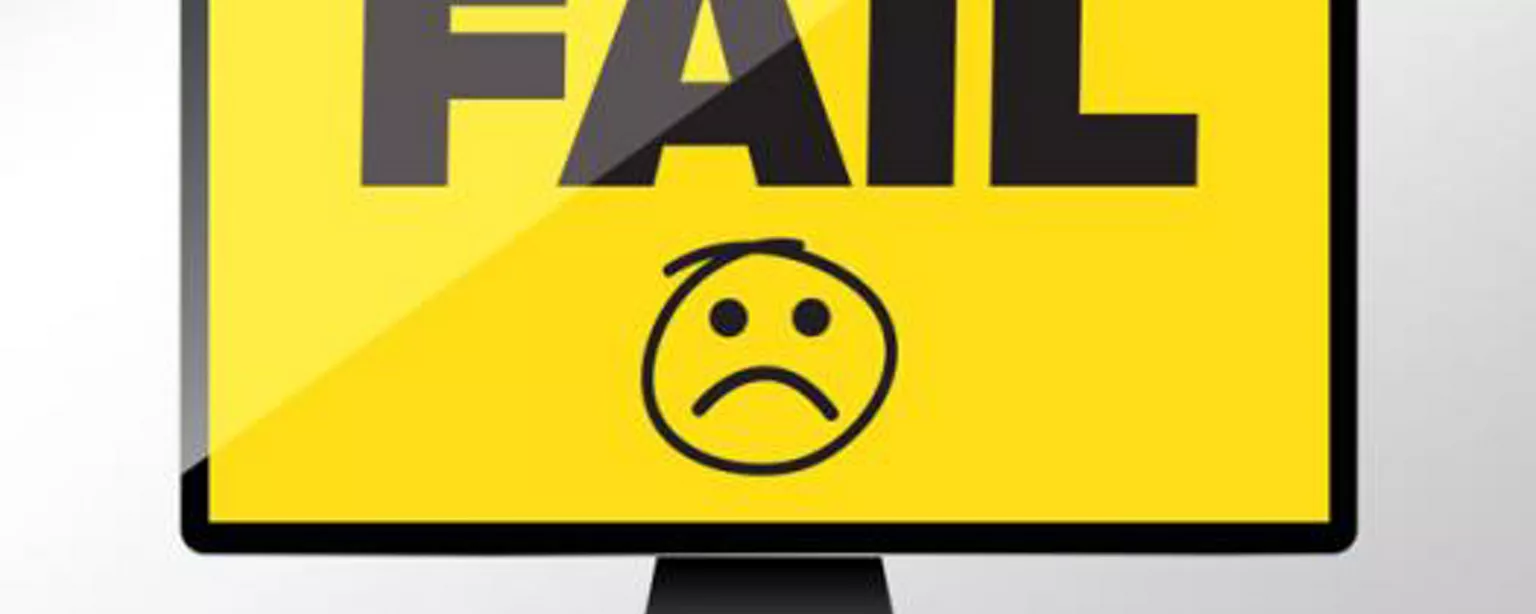What you say and do outside of work impacts your career pursuits. Yet some people still fail to realize how much their digital footprint matters. Here are some surprising things employers have found when searching online for information about creative job candidates — and advice for avoiding the same snafus.
When you set out to look for a new job, you fine-tune your resume, write tailored cover letters and update your portfolio. But there’s another important step you may be forgetting: reviewing your digital footprint.
Many employers will do some online digging to make sure there aren’t any red flags before scheduling interviews or extending offers. And that can be problematic for candidates who don’t clean away any digital debris floating around the internet.
In a survey from The Creative Group, advertising and marketing executives were asked to cite the strangest or most surprising thing they’ve discovered when searching online for information about potential creative and marketing hires. Here are some of the most amusing responses along with tips on how to steer clear of the same problems.
Digital footprint missteps
“A potential hire arguing on social media.”
Tip: Be aware that caustic online behavior can come back to haunt you. When emotions are running high, like during an election year, you need to be especially careful about quarreling online or insulting people who have different viewpoints. Feeling heated? Step away from the keyboard and take a 30-second break to consider how a future employer might construe your comments. Also, delete any potentially damaging remarks you’ve shared on social media, news articles or blogs.
“One candidate shared very negative comments regarding previous employers.”
Tip: It’s never a good idea to badmouth former employers, bosses or colleagues, especially in a public forum. Even if the criticism is justified, negative comments will reflect poorly on only one person: you. Hiring managers may worry that you lack the temperament and judgment that they expect of their team members.
“Too much personal information. I have seen an online resume that had the person’s date of birth, marital status and other things that were irrelevant and should not be disclosed.”
Tip: There are pieces of biographical data that do not belong in a resume. For instance, there’s no need to include details related to your age, race, religion or marital status. In fact, including it can put potential employers in an awkward position because they are not allowed to take that information into account when making hiring decisions. Your reason for leaving previous positions should be omitted too.
“A person misrepresented his education and lied in his application materials. He said he had a bachelor’s degree, when in fact, he did not.”
Tip: There’s no better way to shoot yourself in the foot than to lie to a potential employer. It’s easier than ever to get caught and even a seemingly small “fib” can lead to big questions about your character. Stretching dates of employment, inflating your job title or exaggerating academic credentials just isn’t worth the risk. If you don’t meet the qualifications for a position, write a customized cover letter explaining why you’re still a great fit for the role or simply move on to the next job opportunity.
“Embarrassing party photos.”
Tip: This one is simple: protect your reputation by exercising discretion when it comes to photos — or making sure you take advantage of privacy settings. If someone else has posted a less-than-professional picture of you, ask if he or she will take it down or at least remove the tag or any identifying details that could show up in a Google search.
“Candidates who misspell words or don’t know how to put sentences together in their online portfolio.”
Tip: Run spellcheck and proofread the text in your digital portfolio just as you would your resume and cover letter. Ask a friend who excels at copy editing to review it before you publish it. While writing expertise might not be the top requirement for the role you seek, sloppiness could easily be held against you.
“One applicant’s online resume actually had a photo of her with I’m assuming her significant other with the caption ‘I’m taken!’”
Tip: A resume you post on your website, LinkedIn or other career sites should portray the same level of professionalism as the one you send to employers. Again, there’s no need to include personal photos. Save the selfies and relationship status updates for Facebook.
“Excessive use of profanity on social media sites.”
Tip: Steer clear of cursing on social media, especially while you’re job hunting. Profanity may be viewed as a lack of polish in the eyes of potential employers, and they may hesitate to hire you, especially for client-facing roles.
“Unprofessional email addresses or screen names.”
Tip: Get a handle on your handles. If your email address or screen name is inappropriate, complicated or casts you in an unfavorable light, set up a separate account for job hunting. Just remember to check it regularly.
As trivial as some of these examples may seem, like it or not, your digital footprint can influence whether or not you land a job. And even if you’re highly qualified, you may be deemed too risky to even bring in for an interview if your online image doesn’t align with your professional one. The upside is that you do have the power to make sure you’re portraying the skills and qualities that employers seek. So do all you can to sell a version of yourself that will appeal to hiring managers and future colleagues.
Pursuing new career opportunities? Upload your resume and search our available creative jobs now!
Upload Your Resume
More job searching goofs to avoid
The Worst Questions to Ask an Interviewer
Social Media Mistakes that Could Cost You the Job







